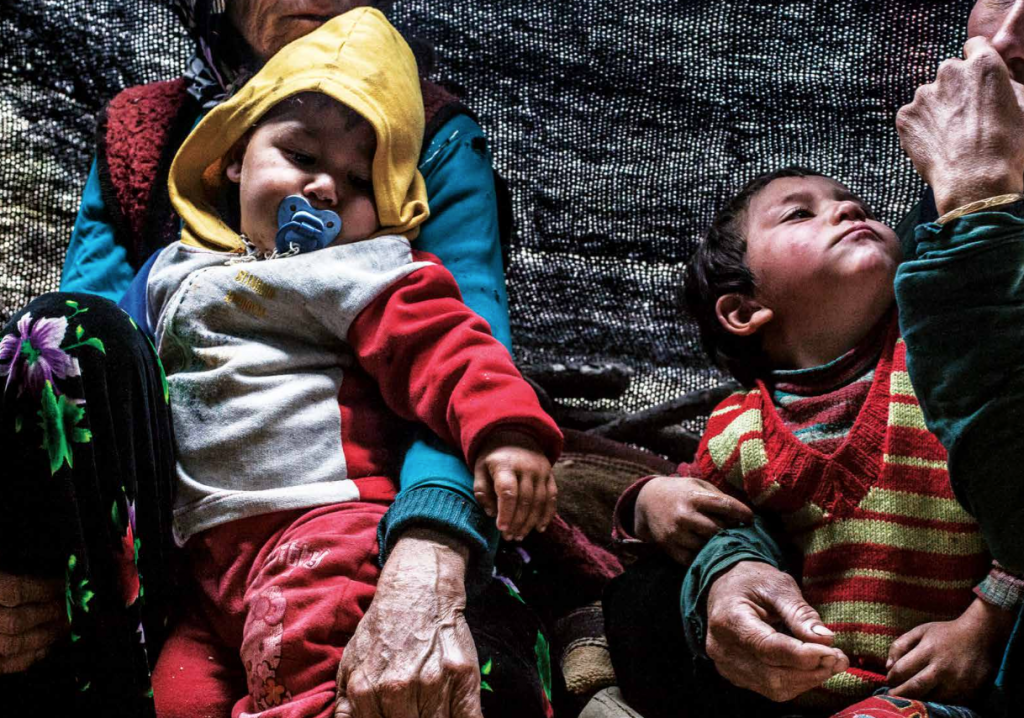
Mobile pastoralism and transhumant pastoralism (yaylacilik) are still relatively common practices in Turkey today.
The Mediterranean Consortium for Nature and Culture was established in 2013 with the support of local NGO’s in the area to identify and support the cultural conservation practices in Mediterranean region. The Consortium that began the work by evaluating the cultural conservation practices, firstly published an assessment report and decided to primarily work on the issue of keeping the nomadic practices in Mediterranean region alive. In this work supported by Morocco, Tunisia, Spain, Portugal, Lebanon, Jordan, Syria, Turkey, Greece and Balkan countries, studies to keep the nomadic and transhumant pastoralism alive are carried out.
Mobile pastoralism and transhumant pastoralism (yaylacilik) are still relatively common practices in Turkey today. Nomadic pastoralism (Yörükcülük), on the other hand, could be considered a dying – or severely threatened – cultural practice, represented by a few nomadic groups who migrate all year round. In the project of the Mediterranean Consortium for Nature and Culture, Doğa aimed to understand the specific ways in which nomadic pastoralists contribute to biodiversity and nature conservation in Turkey.
Doğa’s on the ground study included a number of short-term visits to different nomadic groups but the main fieldwork brought an interdisciplinary team together that migrated for two weeks with a pastoral nomadic (yörük) family. The team was composed of a biologist, a visual anthropologist, a photographer, a project coordinator (cultural heritage specialist) and assistant. A variety of methods were used, including participatory observation, semi-structured interviews, visual archiving (photography and video recordings) and biological sampling.
At the end of the first stage of the research, a lot of valuable information were gathered and in summary, it was found out that the nomadic pastoralists and their truly sustainable ways of living and moving in the landscape, are facing many hardships in modern day Turkey. Serious efforts should be made at all levels to support remaining nomadic groups in pursuing their culture, as it contributes positively to the diversity of the species as well as cultural diversity. There is an urgent need therefore to learn the hundreds of years old traditional ecological knowledge of the pastoral nomads. Doğa, in partnership with the Magma Magazine, continues to work with the nomadic groups in southern Turkey closely and aims to further learn from nomads and help sustaining their culture in Anatolia.
Photograph: © Mahmut Koyaş
